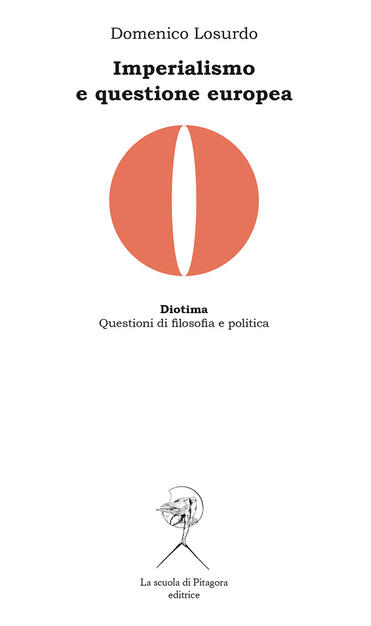Dear professor Losurdo, dear all
The review of Liberalism, a Counter-History by Nick Serpe in Jacobin Magazine is more often than not a pertinent one. It probably touches the central point when Serpe writes that “Losurdo opposes the idea that some internal dialectic of freedom pushed liberals to confront more honestly the exclusions of early liberalism. Instead, he points to major conflicts within the community of the free (…) as moments of mutual embarrassment and demystification, when those on opposite sides of a political question exposed the forms of unfreedom their adversaries had institutionalized”.
The review of Liberalism, a Counter-History by Nick Serpe in Jacobin Magazine is more often than not a pertinent one. It probably touches the central point when Serpe writes that “Losurdo opposes the idea that some internal dialectic of freedom pushed liberals to confront more honestly the exclusions of early liberalism. Instead, he points to major conflicts within the community of the free (…) as moments of mutual embarrassment and demystification, when those on opposite sides of a political question exposed the forms of unfreedom their adversaries had institutionalized”.
Indeed so, and thanks to the reviewer for not simply denying facts out of not appreciating them. In the meantime, however, Serpe looses ground when he states that “Losurdo’s word for disillusioned liberalism is «radicalism», a tradition whose proponents recognized that freedom from the state did not equal freedom in general, at least for the vast majority”. That’s definitely stretching “disillusionment” too much… Of course, Serpe makes clear that in his opinion you put too much emphasis in the divides between liberalism and radicalism, whereas he is inclined to see them “bleed[ing] into one another”; and on the contrary you call “liberal” to a number of other authors Serpe thinks you should call “conservatives” instead...
















Nessun commento:
Posta un commento